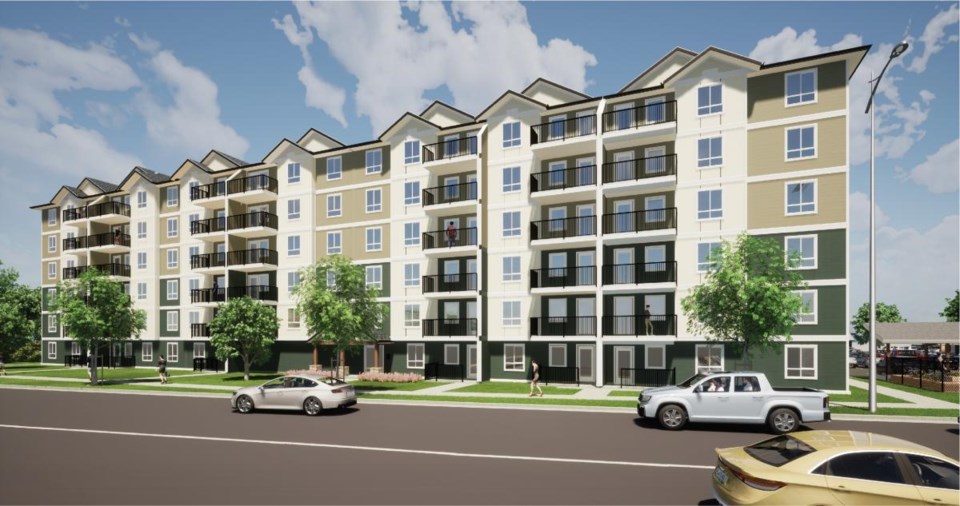Federal Conservative leadership hopeful Pierre Poilievre, BC NDP housing minister David Eby and a University of British Columbia Okanagan (UBCO) professor of economics are all on the same page.
Municipalities and NIMBYs need to get out of the way and let developers build more housing.
The issue was underlined this year as B.C., which has the highest housing costs in the country, saw residential construction fall.
Provincial starts decreased by 4,000 to 31,300 new homes, seasonally adjusted, in February 2022 from a month earlier, reports Canada Mortgage and Housing Corp. B.C. was one of only four provinces that experienced a decrease in new home construction during February.
The B.C. slowdown started in January 2022, when total residential permit volume was 4.2 per cent lower than in January 2021. January residential permit values in B.C. were down 25 per cent from December 2021 to $957.4 million, based on Statistics Canada data.
Poilievre has focused a great deal of the first part of his campaign on housing affordability, claiming that local governments are “gatekeepers” that “block building permits, delay construction and add development charges that limit the supply” of new homes.
At the other end of the political spectrum, Eby said earlier this year that municipalities are simply not approving enough housing, “the status quo is not acceptable.”
Eby has already said the province is planning on considering taking the final decision-making authority for housing permit approvals out of the hands of local governments.
In a recent interview with Castanet News, UBCO associate professor of economics Ross Hickey suggested housing affordability will continue to worsen outside major centres because “we're not going to build housing fast enough.”
“One-hundred years ago, you didn't have to go to a citizen's assembly to get permission to build an apartment building,” he said. “You got city hall to approve it, and you built it.”
“Now you have to get the local residents to sign onto the project and local residents typically don't want that to happen. That's a problem.”
The City of Kelowna’s newly adopted Official Community Plan, which will guide the city’s growth through to 2040, says 25,300 units of housing will have to be constructed in that time to accommodate an expected 45,000 more residents.
At least in the downtown core, the city is beating expectations and has 4,000 units in the pipe for the neighbourhood. The city had forecast 5,000 units in 20 years.
"That's a really good thing for downtown, it's not something to be scared of,” said city planning manager Ryan Smith.
Eby has praised Kelowna for its development and density push while slamming Penticton, which blocked a 150-unit rental development from reaching a public hearing simply because it was too big.
"I find it wildly frustrating when I see things like the Chamber of Commerce writing to Penticton, begging them to approve a 150-unit rental building that's badly needed for workers in the area and Penticton council turning it down because neighbours think it will negatively affect their lifestyle,” Eby told Castanet earlier this year.
Hickey echoed those sentiments.
“There's someone on Twitter right now tweeting in their single-detached house in Vancouver, tweeting about housing affordability, how terribly expensive everything is. And they're going to go to a meeting later tonight and they're going to vote against a multi-unit dwelling being constructed on their street, because they’re going to say there's not enough parking.”
Poilievre, for his part, would be a long way from building permit approvals if he wins leadership of the federal Conservatives. But he says the feds should be incentivizing cities to speed up permitting and reduce bureaucratic costs associated with building homes.
Eby has said the BC NDP will likely bring in legislation revoking some municipal development approval powers in October, after local government elections.
Beyond reducing powers, Eby suggested the province could restrict funding to things like transit if it doesn’t move to approve housing fast enough.



